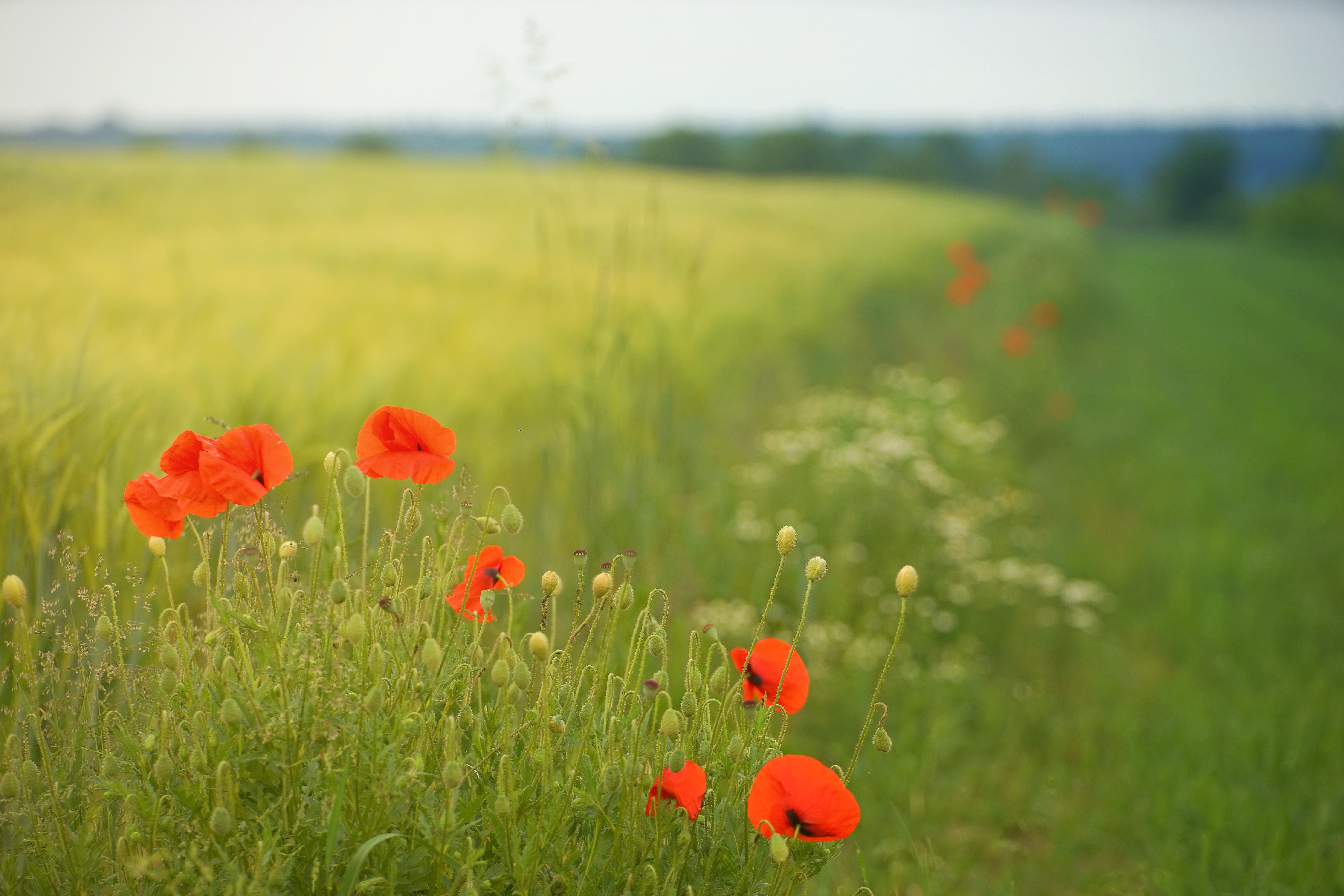New research shows neonicotinoid pesticides are threatening the UK’s wildlife, including butterflies and moths.
New research published today by The Rivers Trust and Wildlife and Countryside Link revealed that neonicotinoids, a pesticide used in arable farming, have been found at 1 in 10 English river sites tested – with an alarming 55% of these sites exceeding proposed EU safe levels for aquatic wildlife.
This latest research adds to the growing body of evidence showing the harm that pesticides are having on our natural environment.
The damage neonicotinoids have on butterfly populations is already documented. A 2015 study published by researchers from the Universities of Stirling and Sussex, the Centre for Hydrology (CEH) and Butterfly Conservation, showed neonicotinoid use on farmland led to declines in butterfly numbers. Other studies have shown even low rates of neonicotinoid contamination could have serious negative impacts on the health and behaviour of bees.
Neonicotinoids work by permanently binding to the nerve cell of insects, overstimulating and destroying them. Exposed insects often show uncontrollable shaking and twitching followed by paralysis before eventually dying. Neonics affect all insects they come into contact with – both the beneficial pollinators like butterflies and moths as well as pest species.
Dr Nigel Bourn, Chief Scientist at Butterfly Conservation, said: “Where the pesticide is applied as a seed coating, as is often the case when used in agriculture, it becomes systemic within the plant. However, evidence suggests that the pesticide neither stays within the target plant, nor is restricted to the target aphid species. Whilst butterflies are not generally found in cropped fields, the pesticides are being taken up by wild plants growing in field margins. Both adult butterflies and moths are therefore drinking contaminated nectar and caterpillars feeding on contaminated plant tissues in the very field margins we have been encouraging and even paying farmers to create and manage for wildlife for years.”
Other neonic use is found in forestry and veterinary medicine. The new analysis of Environment Agency data also shows that pesticides used in veterinary medicines for dogs and cats are leaching into the natural environment. A single dose on a large dog of the neonicotinoid Imidacloprid – commonly found in tick and flea treatments – is enough to kill millions of butterflies and moths.
Dr Nigel Bourn, concluded: “Butterfly Conservation considers that the scientific evidence is now overwhelmingly compelling that the use of all neonicotinoid pesticides should be banned completely and immediately (not just for use in gardens and in flowering crops where there might be a high exposure to bees and other pollinators, as is currently the case).”
The warning comes as environmental groups wait to hear if one banned toxic neonicotinoid pesticide – Thiamethoxam – will be approved by the Government for English sugar beet farm use for a fourth consecutive year.
Despite being a banned outdoor substance across Europe since 2018, the Government granted an exemption for sugar beet farmers to use Thiamethoxam for 2021, 2022, and 2023 crops due to beet yellow virus risk from aphids.
The emergency authorisations went against the recommendations of the Government’s own scientific advisers, the UK Expert Committee on Pesticides, and against Government guidance that emergency authorisations should not be granted more than once. Despite the UK Government advocating a global pesticide reduction target at COP15 last year and promising that post-EU our approach on chemicals would be ‘better’ than the EU’s, the UK is allowing pesticides to be used that are banned in the EU due to their toxicity. There are now 36 pesticide active substances that are permitted for use in the UK but not the EU. And in January 2023 the EU Court of Justice declared that emergency authorisations of prohibited neonicotinoid-treated seeds are not in line with EU law.
To join Butterfly Conservation and other environmental organisations in demanding action for nature from our political leaders, including tackling farming and chemical pollution, sign the joint letter here

